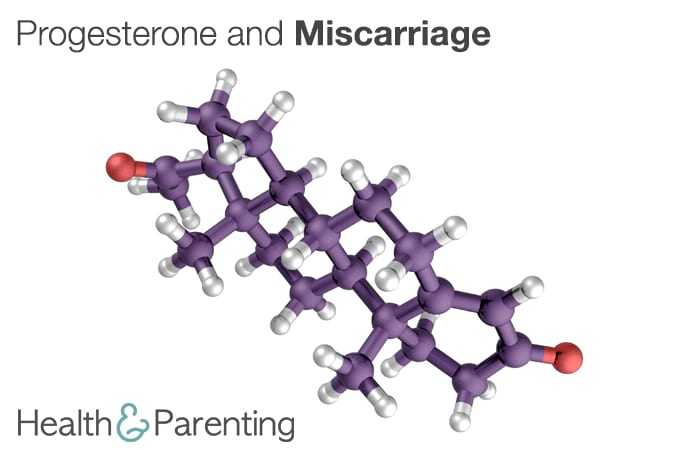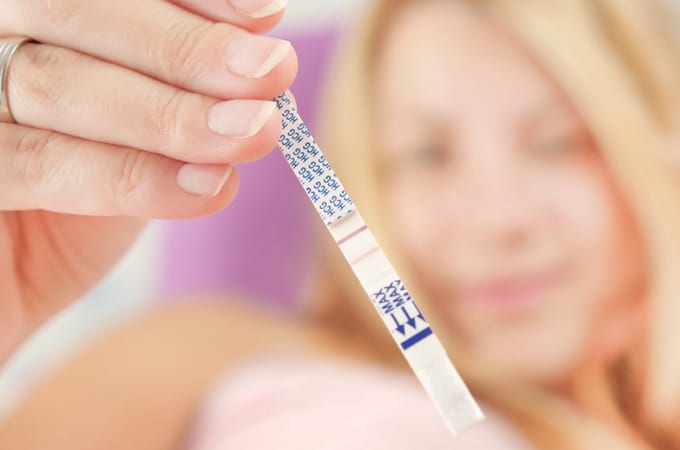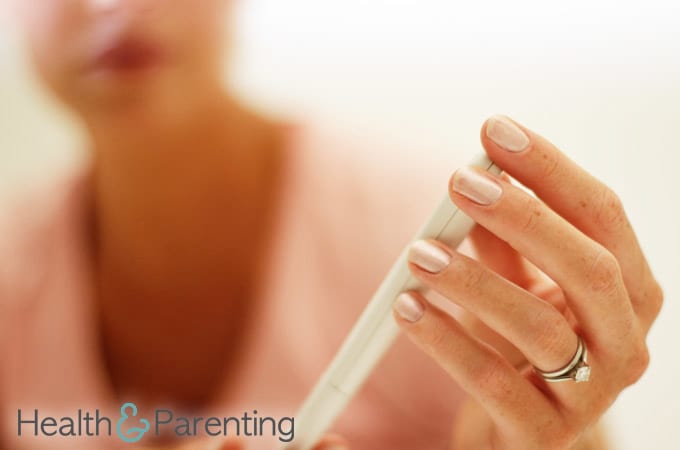Trying to conceive is not an easy time for everyone. Some folks get pregnant just thinking about it, while for others it can take months of timing intercourse and planning before you become pregnant. Either way, there are some rather simple things that you can do in the pre-conception period that will increase your chances of conception.
One of the most important things you can to increase your chances of conception AND ensure a healthy baby is to get yourself in optimal health. You should have a check-up with your physician, have blood work done to test routine things such as your thyroid function, and be as close to a healthy weight as possible. Making changes to increase your overall well-being by eating healthy and exercising regularly can go miles to increase your chances of conception. You should also make sure that you are getting enough rest and start taking a prenatal vitamin to boost vitamins and nutrient levels that may be low. When your body is healthy and in shape, your organ systems (including the reproductive system) and hormones are more in balance, which increases your chance of speedy conception. Also, don’t forget to talk to your doctor about any medications you may be taking that could potentially be harmful to a developing fetus, or thwart your chances of conception. (Remember your partner should be in good health, as well!)
Another step that can increase your chances of conception is to become familiar with your monthly cycle. Some women have very regular cycles and some do not. It is very important for you to pay attention to changes in your body, and to be able to look for the signs of ovulation. Purchasing ovulation predictor kits can be a good way to start, as well as charting your basal body temperature. Understanding your monthly cycle – especially for those who are not regular – can take 2-3 months. However, knowing when you are ovulating, and knowing the best time to try for conception can help you get pregnant faster.
One thing that many women in particular do not recognize as a factor in conception is stress. Stress can cause many adverse effects on your body. Stress can cause weight gain, sleep problems, disruption in normal hormone levels, monthly cycle irregularity, and disruption of normal ovulation. Many women know that they have stress in their lives, but have not yet realized that the emotional and mental stress is manifesting physically. Controlling stress through meditation, yoga, diet, and exercise can help to reduce the bursts of stress hormones that result in diminished fertility. It is important to pay attention to your stress levels, and to take measures to control stress in your body. During preconception, many doctors focus on physical conditions. However, it is has been proven that mental and emotional health is also an important factor in conception. This explain the phenomenon of women TTC, who don’t get pregnant and then find that they do easily, once they stop trying so hard.
Your body is one system. When you are planning for conception, it is important to take care of all of you! Eat well, exercise regularly, pay attention to your body, and make sure that you aren’t suffering from excess amounts of stress.
Written By Stef, Mom of 4 @Momspirational
This information is not intended to replace the advice of a trained medical doctor. Health & Parenting Ltd disclaims any liability for the decisions you make based on this information, which is provided to you on a general information basis only and not as a substitute for personalized medical advice. All contents copyright © Health & Parenting Ltd 2015. All rights reserved.



















